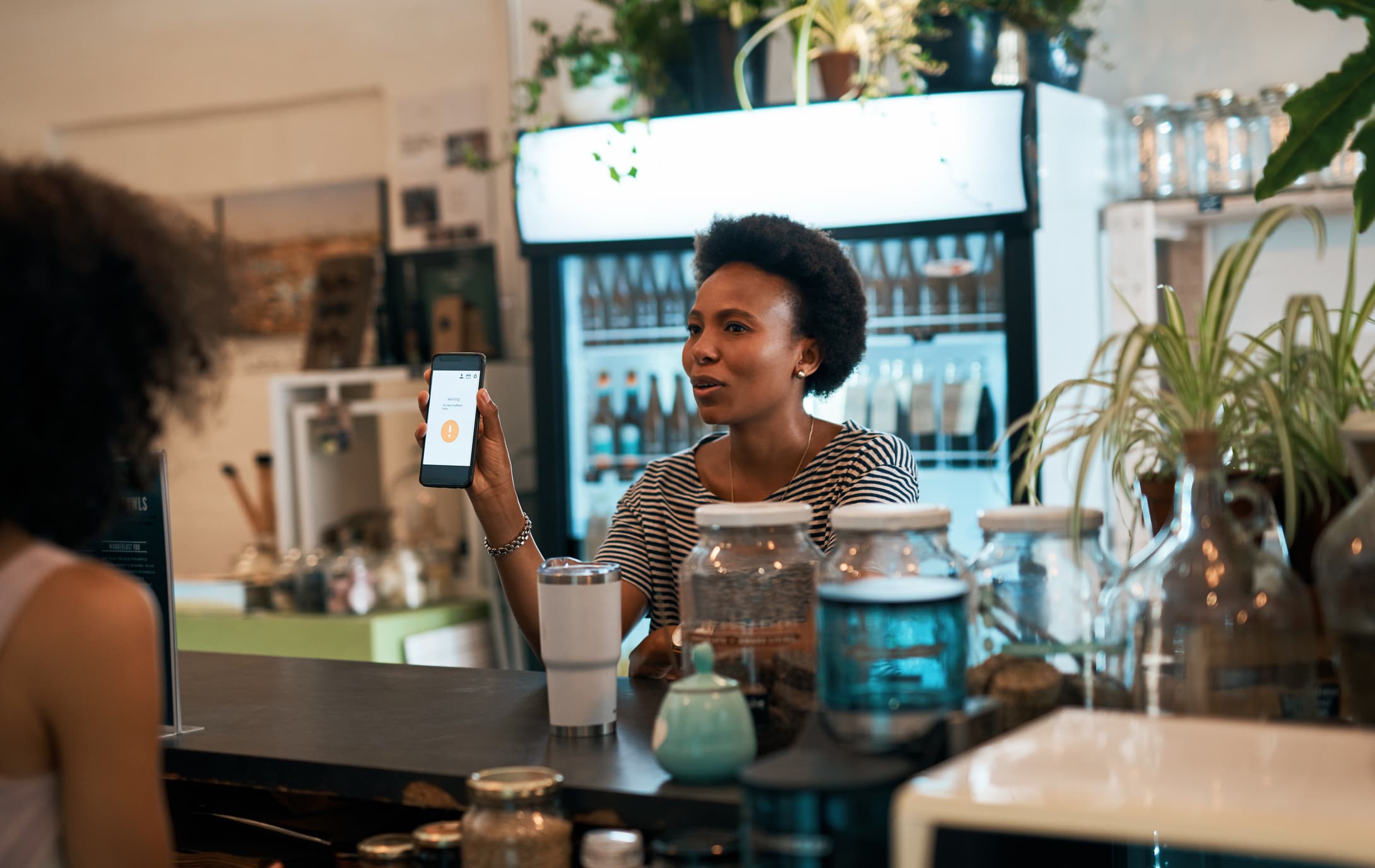There’s been a surge in consumer complaints about mobile payment apps and digital wallets, such as Venmo, Cash App, Coinbase and Zelle, as more Americans go cashless.
That’s according to a new report from the U.S. Public Interest Research Group, a policy and research organization.
U.S. PIRG reviewed 9,277 complaints received by the Consumer Financial Protection Bureau from April 2017 to April 2021, finding a pattern of issues with digital wallets, scams and customer service.
More from Personal Finance:
Free tax help available to those eligible for child tax credit, stimulus checks
The CDC extended the national eviction ban through July
House of Representatives passes bill to protect older Americans in workplace
Digital payment apps allow instant money transfers through connected bank accounts or credit cards.
Most consumers were already using digital payment apps before the pandemic — roughly 4 in 5 Americans, a NerdWallet survey revealed — and Covid-19 only accelerated the demand for cashless payments.
The U.S. PIRG report found a steady increase in consumer problems, with a spike of 970 digital wallet complaints in April 2021, nearly double the previous peak in July 2020.
“It’s not really clear to consumers that once they send the money, it may not ever come back,” said Ed Mierzwinski, consumer advocate at U.S. PIRG.
More than two-thirds of digital wallet complaints focused on three companies: PayPal (owner of Venmo), Square (owner of Cash App) and Coinbase. The report also mentioned PNC Bank, Chase and Bank of America (co-owners of Early Warning Services, LLC, parent of Zelle).
PayPal received 4,431 complaints, with “managing, opening, or closing your mobile wallet account” as the most common issue. Venmo has seen unprecedented growth over the past year, with more than 70 million active users in the first quarter of 2021.
Square, the second-most complained about company, had 1,202 complaints, with “unauthorized transactions or other transaction problem” cited most frequently.
Officials at PayPal and Square declined CNBC’s request for comment.
Consumers need to understand that if you go beyond your friends, you may be looking for troubleEd MierzwinskiConsumer advocate at U.S. PIRG
Coinbase, a digital wallet for buying and selling cryptocurrency, received 755 complaints, and many noted trouble using the account. The company also had an additional 2,182 complaints about virtual currency, with some users struggling to retrieve their funds.
The company has recently quadrupled its support capacity and delivered new technology to resolve customer issues faster, according to a Coinbase spokesperson.
Zelle, an app that doesn’t hold funds, has “invested significantly in consumer education” on how and when to use the service, said a spokesperson from Early Warning Services.
Lack of consumer protections
While many use debit, credit and digital payments interchangeably, the transactions don’t have the same fraud protection under federal law, Mierzwinski said.
Credit cards have the most robust fraud protection under the Truth In Lending Act and Fair Credit Billing Act, with a $50 limit on losses. Debit card scams, regulated by the Electronic Fund Transfer Act, may have more liability, depending on when someone reports the activity.
Although digital payments have some protections under the EFTA, there may be no recourse for someone who falls victim to a phishing scam or accidentally sends money to the wrong account, said Mierzwinski.
Poor customer service
Customer service problems were a common thread throughout the report.
For example, some complaints detail account closures at Venmo without an explanation. The company outlines reasons for possible account closures in its user agreement.
Another user shared trouble reaching Zelle, which encourages users to notify their bank or credit union with problems. However, the app does provide a support phone number on its contact page.
“People are just frustrated that they can’t even get in touch with these companies,” Mierzwinski said.
Stay vigilant
Digital payment app users need to stay vigilant to keep their money safe, Mierzwinski said. They can start by checking their app’s privacy settings, including public transactions and friends lists.
“Don’t let everybody see your business,” he said.
Another savvy move may be asking for a payment request before transferring money. By confirming where to send the funds, users may avoid payments going to the wrong accounts, Mierzwinski said.
And, of course, don’t use digital payment apps with strangers.
“Consumers need to understand that if you go beyond your friends, you may be looking for trouble,” Mierzwinski added.
Before using a digital payment app, consumers may also sift through the CFPB’s Consumer Complaint Database for a record of recent customer issues.
